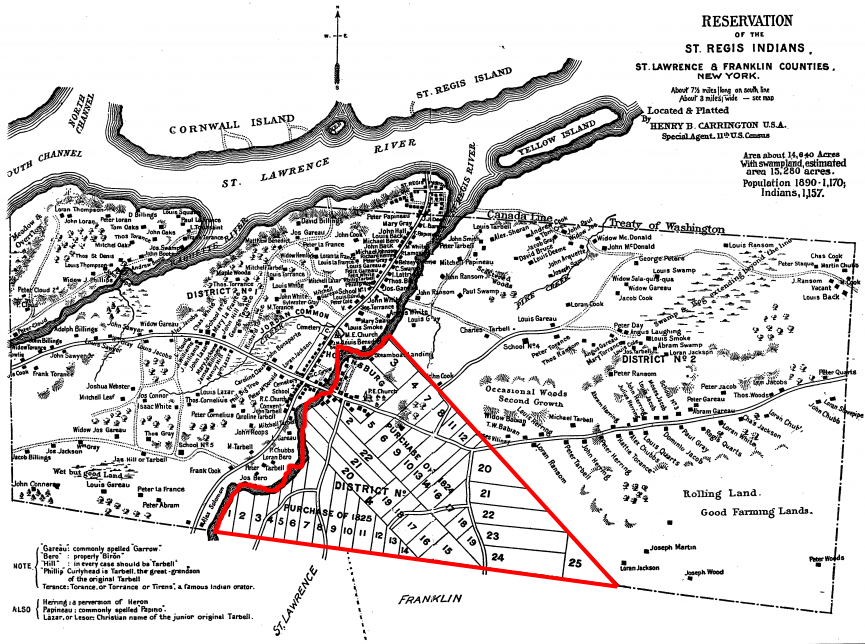French Canadian resentment…one factor as to why the Jesmer’s moved to Upper State New York around 1814.
French Canadian resentment…one factor as to why the Jesmer’s moved to Upper State New York around 1814.
Link to Joseph’s parents: Joseph and Julia (Plamondon) Jesmer
Link to Joseph A. Jesmer and Mary Ann (Robideau) Jesmer

(aside by Kevin E. Jesmer) The following is an article about rebellions of French Speaking Canadians in Montreal and Upper Canada at the time that the Jesmer family lived in the region. The political climate is one factor in answering the question as to why the Jesmer’s may have moved into the New York State. …..
Although the British Parliament enacted the Constitutional Act in 1791 giving Canadians the power to elect their own representative governments in Upper and Lower Canada, British governors largely ignored the voices of French Canadians of lower Canada who were led by Louis Joseph Papineau. Riots broke out in Montreal in 1837. But the government quickly crushed the French Canadian rebellion and chased Papineau across the border. Similar aborted rebellions occurred in largely English-speaking Upper Canada. In 1840 the Act of Union unified the two vast regions under a single government. Hostilities developed a few years later with passage of the Rebellion Losses Bill, aimed at compensating French-Canadians for losses during their earlier rebellion. The Tories of Upper Canada were outraged, more riots broke out, and ethnic resentment festered. The British allowed French civil law to remain in effect in Quebec, but enforced British criminal law across the country.
Although the French and English managed to coexist for another century, Quebec remained very much a French-speaking region while great waves of immigrants, mostly English speaking, poured into the Maritimes, Ontario, and Western Canada. But in the 1960s the old ethnic resentments erupted again with the Quebec separatist movement. Despite declaring French as an official language equal to English, the federal government was unable to stem the tide of unrest and resentment in Quebec. In provincial elections in the mid 1970s, Quebec separatists gained a majority and adopted local laws elevating the French language and culture while imposing French as the language of government, law, commerce, and education in Quebec. Although narrowly losing referenda in 1980 and 1995 that would have made Quebec a separate nation, the question of Quebec separation remains unsettled.
Meanwhile, sharp divisions between the British and French ancestors embodied in today’s ongoing separatist movement in Quebec is deeply rooted in resentment for British rule. While British descendent historians often characterize British rule of Canada as largely benevolent, French descendant historians tend to see British rule as oppressive, domineering, and at times brutal. For many years British governors forced English as the language of government and commerce despite the size of Quebec’s French-speaking population. Today’s Quebec, with laws requiring the use of French in government transactions and commercial signage, represents a massive backlash, deeply entrenched in history.
http://www.vsr.cape.com/~powens/riverhistory.htm






Interact with us using Facebook